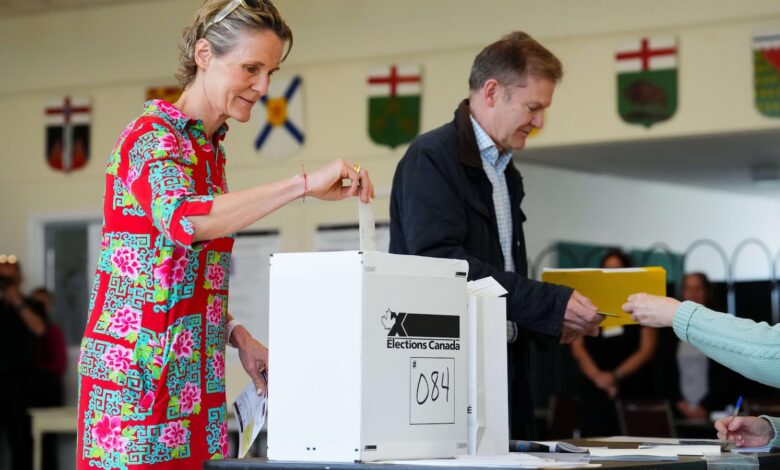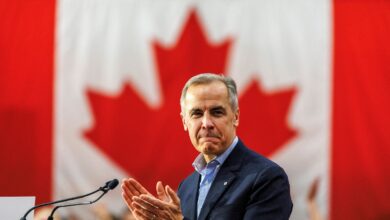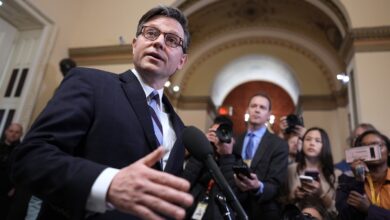Canadians vote in an election dominated by Trump’s trade war and bluster

TORONTO — Canadians participated in the election on Monday to determine the fate of their new prime minister, Mark Carney, and decide whether to extend the Liberal Party’s reign or shift power to the Conservatives led by Pierre Poilievre. However, the election also served as a referendum on someone not of Canadian origin: Donald Trump.
On election day, U.S. President Donald Trump stirred controversy by suggesting on social media that he was a candidate on the ballot and reiterated his belief that Canada should be the 51st state, despite inaccurately claiming that the U.S. subsidizes Canada. Trump’s remarks triggered responses from both Poilievre and Carney.
Poilievre, who has faced criticism for his perceived soft stance on Trump, promptly replied to Trump’s comments by emphasizing that Canadians alone have the right to determine the future of their country through the democratic process. He asserted Canada’s sovereignty and independence, rejecting the notion of becoming a U.S. state.
The Liberals seemed destined for defeat until Trump’s actions, which incensed many Canadians, prompting some to boycott U.S. products, reconsider travel plans, and even cast their votes ahead of schedule. A record number of Canadians, totaling 7.3 million, voted early before election day.
Trump’s rhetoric not only influenced the election discourse but also placed Poilievre and the Conservative Party in a defensive position, contributing to a surge in nationalism that favored the Liberals.
Carney underscored the significance of the election, emphasizing the potential threats posed by Trump’s policies to Canada’s economy and autonomy. The election coincided with a tragic incident at a Vancouver street fair, leading to a temporary halt in campaigning activities.
Poilievre and his wife exercised their voting rights in Ottawa, urging citizens to vote for change. The diverse perspectives of Canadian voters, such as the Shoaib sisters who immigrated from Pakistan, highlighted varying opinions on the country’s economic challenges under Liberal governance.
The election narrative, initially centered on Prime Minister Trudeau’s tenure, shifted towards Trump’s influence, potentially affecting Poilievre’s electoral prospects due to perceived parallels with the U.S. president.
Both Carney and Poilievre pledged to prioritize renegotiating trade agreements with the U.S. to address economic uncertainties and bolster their respective economies. Carney’s experience in financial matters and Poilievre’s promise to enhance Canada’s fiscal situation were key campaign themes.
As the election unfolded, Trump’s remarks on Canada’s status resurfaced, prompting concerns about national sovereignty. Carney urged voters to empower him with a strong mandate to counter potential threats to Canada’s autonomy.
The election underscored the impact of foreign relations on Canadian politics, reminiscent of past instances like the free trade debate in 1988. The interconnectedness of the Canadian and U.S. economies underscored the significance of resolving trade disputes and preserving national interests.
Reid Warren, a Toronto resident, voiced concerns about Trump’s policies and their repercussions on Canada, highlighting the need for unity amidst external pressures.
This article includes contributions from Associated Press reporter Mike Householder.





